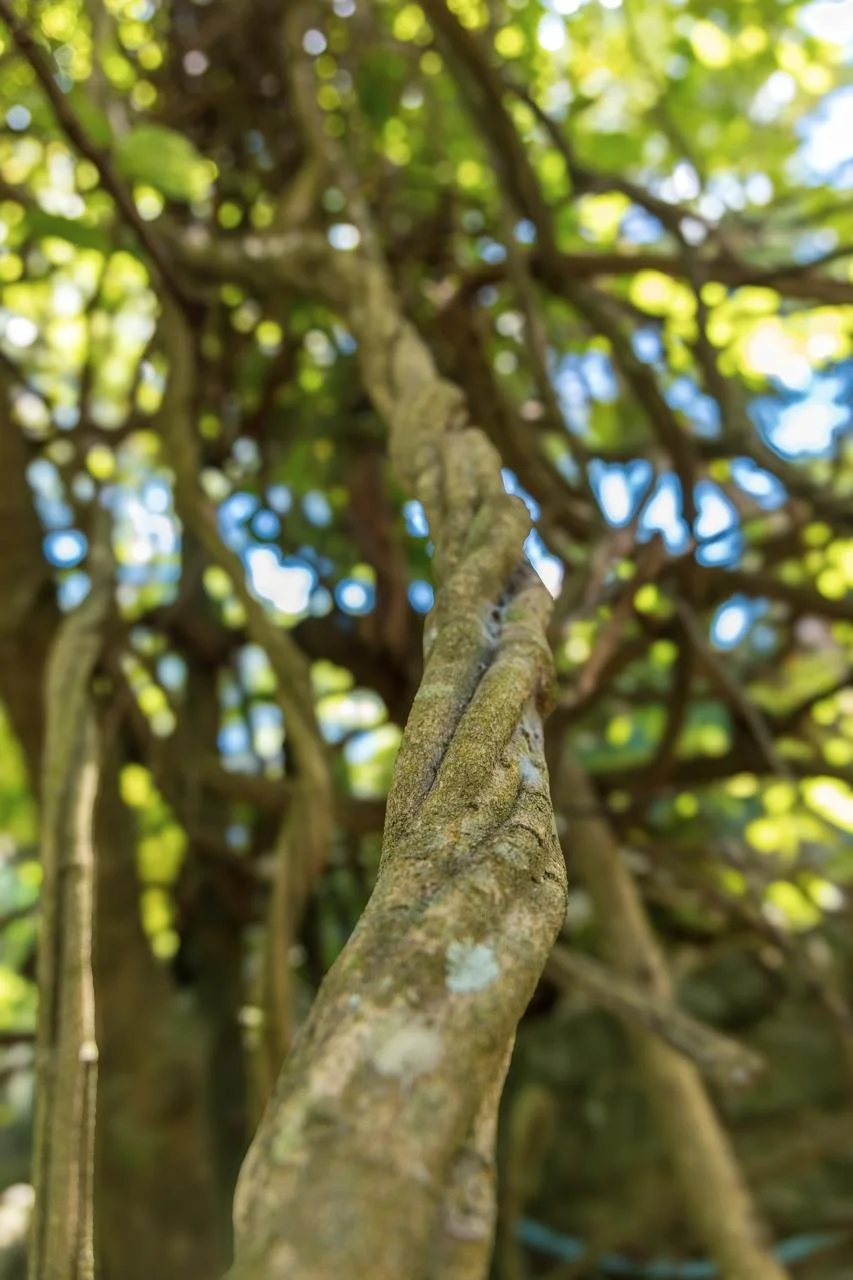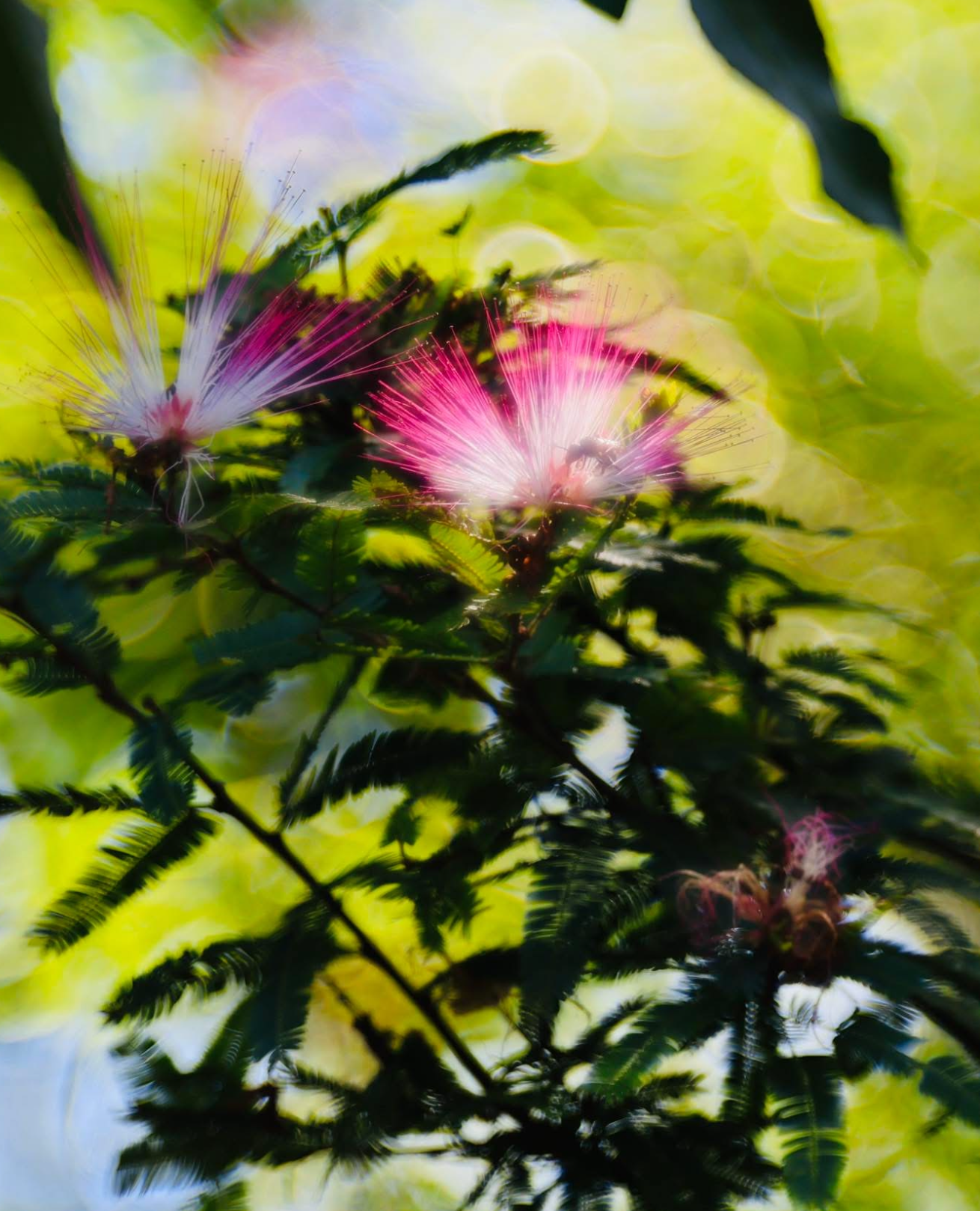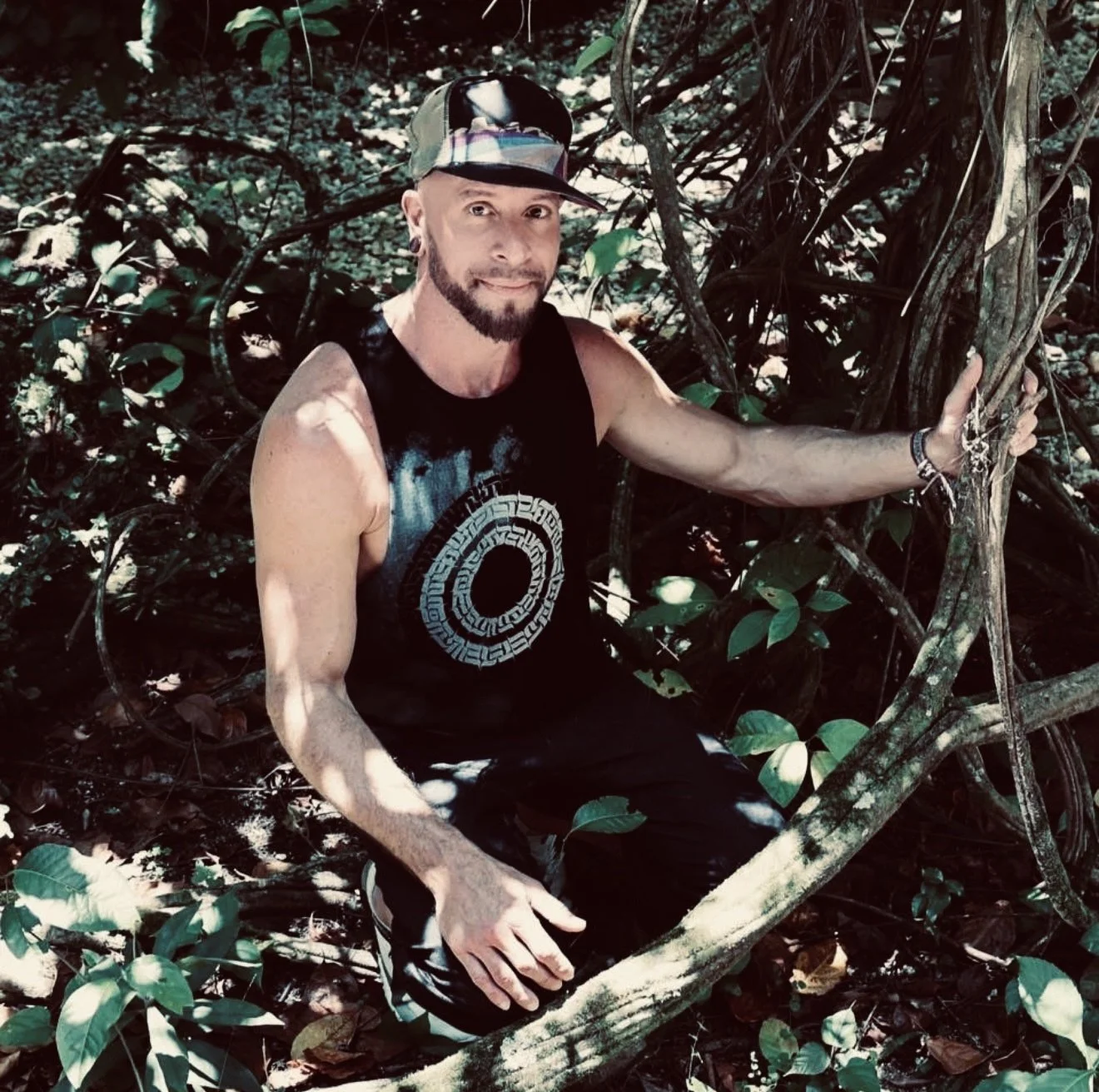
Ethnobiology and Ecology
in a Changing World
Research in our lab is at the intersection of plant population ecology and ethnobiology, where we are interested in understanding how plant populations respond to chronic human disturbances (e.g. harvest, fire, fragmentation) and changing biotic and abiotic environmental conditions (e.g., drought and flooding). We are also interested in hypothesis-driven research in ethnobiology, where we seek to understand how and why human societies select and manage natural resources, along with the conservation implications and biological responses of local ecosystem management practices.
Our work is interdisciplinary, often combining field studies, ethnographic and applied ecological methods, and mathematical modeling. We are currently working on harvest impact assessments and the restoration of culturally and economically important non-timber forest products (NTFP) in the Peruvian Amazon rainforest. A greater understanding of these human-environmental interactions is essential for developing novel strategies to successfully engage with and help to responsibly manage biological organisms and ecosystems on which humanity relies for livelihoods, subsistence, and survival.

Michael A. Coe, PhD
Assistant Professor
Department of Biological Sciences
Tarleton State University
“We learn the most when science humbly meets the wisdom of those who have lived with the forest for generations.”
Michael Coe is an ethnobiologist with a PhD in Evolution, Ecology, and Conservation Biology. As an Assistant Professor, his research focuses on the relationships between plants (specifically níshi lianas), ecosystems, and Indigenous knowledge systems. Passionate about biodiversity and the sustainable management of natural resources, Michael brings a dynamic interdisciplinary perspective, helping to integrate ecology with traditional ecological practices.
ORCID | ResearchGate | CV
The Lab Focus
Ethnobiology & Human-Environmental Relationships
Investigating how human societies select, use, and manage plants for medicine, livelihood, and cultural practice across generations.
Applied Ecology in a Changing World
Studying plant population dynamics and ecosystem responses to disturbance, climate variation, and restoration efforts—especially in tropical and Amazonian systems.
Sustainable Ayahuasca Research
Assessing the ecological and genetic impacts of ayahuasca harvest to develop science-based, culturally respectful strategies for sustainable plant medicine production.
Woven Science, Two-Eyed Seeing, & Indigenous Collaboration
Fostering reciprocal partnerships that bridge scientific research with Indigenous ecological knowledge to co-create conservation and restoration solutions.
Conservation and Restoration of Cultural & Ecological Landscapes
Supporting community-based restoration of non-timber forest products and sacred plant species in the Amazon basin, with a focus on long-term ecological and cultural resilience.
Quantitative Methods & Hypothesis-Driven Research
Combining fieldwork, ethnographic methods, and mathematical modeling to answer big questions about biodiversity, sustainability, and knowledge systems.
Teaching & Mentorship
Offering transformative courses in ethnobiology, plant taxonomy, plant physiology, and environmental and restoration ecology while mentoring the next generation of scientists, educators, and ecological leaders.
Global Learning & Local Impact
Creating educational and research opportunities for students from diverse backgrounds, including Indigenous students from the Amazon, to cultivate leadership rooted in both science and tradition.
Interested in our work?
Whether you're a student, researcher, community partner, or just curious about what we do, we'd love to hear from you. Reach out to learn more about our research, teaching, collaborations, or upcoming projects. Let’s connect and grow something meaningful together.

“
The world is not a collection of isolated cultures. it is a single, intricately woven web of life, and we are all a part of it.
-Wade Davis

